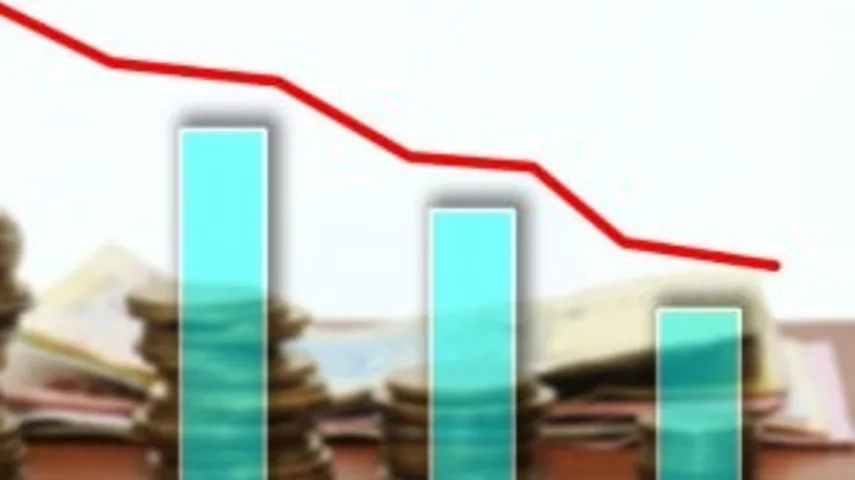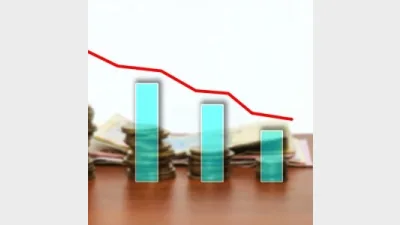Australia grows FDI inflows as global figures slump



Global flows of foreign direct investment (FDI) dropped 16 per cent in 2017 to US$1.52 trillion, with a 27 per cent decline in FDI flows to developed countries principally responsible for the fall, according to the latest UNCTAD Global Investment Trends Monitor.
A decrease in flows to Europe of 27 per cent and to North America of 33 per cent were notable causes of the decline, as inflows to the United Kingdom and United States returned to prior levels following spikes in 2016.
Australia helped temper the decline though, as other developed economies experienced an 11 per cent growth in inflows, with Australia being the primary contributor.
FDI to developing countries remained relatively stable, up two per cent from 2016. In transition economies, FDI declined to US$55 billion, representing a 17 per cent drop.
UNCTAD said that this was largely due to a drop in inflows to the Russian Federations and minimal inflows across most of the Commonwealth of Independent States.
“The decline of global FDI flows is in stark contrast to other macroeconomic variables, such as gross domestic product and trade growth, which saw substantial improvements in 2017,” James Zhan, UNCTAD investment division director said.
“Upward synchronisation of the trends in 2018 is probable, but risks are abundant,” he warned.
UNCTAD pointed to elevated geopolitical risks, policy uncertainty and tax reforms in the United States as potential factors that could impact the scale and shape of any FDI recovery in 2018.
The Trends Monitor also showed that cross-border mergers and acquisitions declined by 23 per cent in 2017, following three years of growth. It remained, however, at the third-highest level since 2007.
Recommended for you
Despite ASIC concerns about private credit funds being accessed via the advised channel, there are questions regarding how high its usage actually is among financial advisers.
Challenger has looked to the superannuation industry for its appointment of a group chief investment officer, a newly-created role.
Perpetual has confirmed it has entered into an exclusivity agreement with a US private equity firm to progress discussions regarding the sale of its wealth management division.
Paradice Investment Management has become the latest fund manager to launch an active ETF version of its managed fund, placing greater emphasis on retail distribution.











